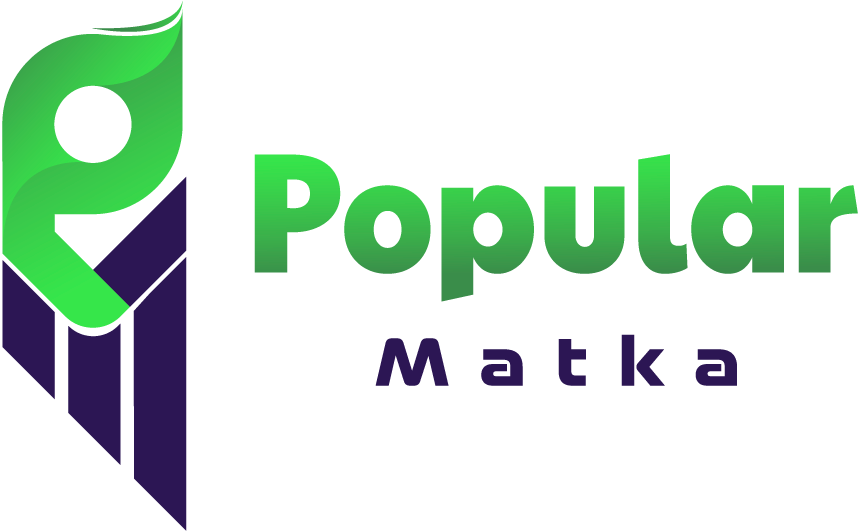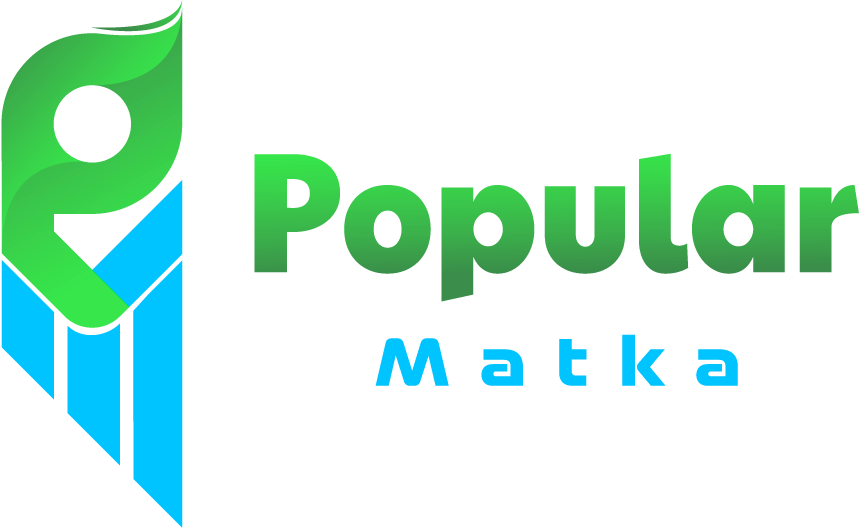Education is a term that is often used in a variety of contexts, and it can be defined in many ways. At its core, education is the process of acquiring knowledge, skills, values, and beliefs that are necessary for personal and societal development. In this article, we will explore some of the best definitions of education, its purpose, and its importance in today’s world.
The best definition of education is subjective, and it depends on the perspective of the individual or organization defining it. However, some definitions have gained wide acceptance and are commonly used in academic and public discourse. Here are some of the best definitions of education:
Education is the process of facilitating learning, or the acquisition of knowledge, skills, values, beliefs, and habits. It can take place through formal or informal means, such as schooling, training, apprenticeships, mentoring, and self-study. The purpose of education is to enable individuals to develop their potential and contribute to society’s well-being.
Education is a social institution that transmits cultural values, knowledge, and skills from one generation to the next. It plays a crucial role in the formation of social identity, personal development, and societal progress. Education helps individuals understand their place in the world, develop critical thinking skills, and engage in democratic citizenship.
Education is the key to unlocking human potential and achieving personal and collective goals. It is a lifelong process that involves continuous learning, adaptation, and growth. Education helps individuals develop a sense of purpose, meaning, and fulfillment in life and contributes to their mental, physical, and emotional well-being.
Regardless of the definition used, education serves several critical purposes in modern society. These include:
Personal Development: Education helps individuals develop their cognitive, emotional, social, and physical capacities. It enables them to acquire knowledge, skills, and attitudes that are essential for personal growth and well-being. Education helps individuals understand themselves, their environment, and their place in society.
Professional Development: Education prepares individuals for the job market and helps them acquire the knowledge, skills, and experience necessary for their chosen career. It helps them stay competitive and adapt to changing job market demands. Education also helps individuals develop an entrepreneurial mindset and start their own businesses.
Social Development: Education helps individuals understand and interact with people from diverse backgrounds and cultures. It promotes empathy, respect, and tolerance and helps individuals develop the social skills necessary for success in their personal and professional lives. Education also contributes to the formation of a cohesive and democratic society.
Cultural Development: Education helps individuals understand their cultural heritage and appreciate the values, beliefs, and practices of other cultures. It promotes cultural diversity and tolerance and helps individuals develop a global perspective. Education also contributes to the preservation and development of cultural traditions and practices.
In conclusion, education is a complex and multifaceted process that involves the acquisition of knowledge, skills, values, beliefs, and habits. It serves several critical purposes, including personal, professional, social, and cultural development. The best definition of education is subjective, but it is clear that education is essential for personal and societal progress. In today’s world, education is more critical than ever before, as we face complex challenges that require individuals with a broad range of skills, knowledge, and perspectives. By investing in education, we can create a better future for ourselves and future generations.


